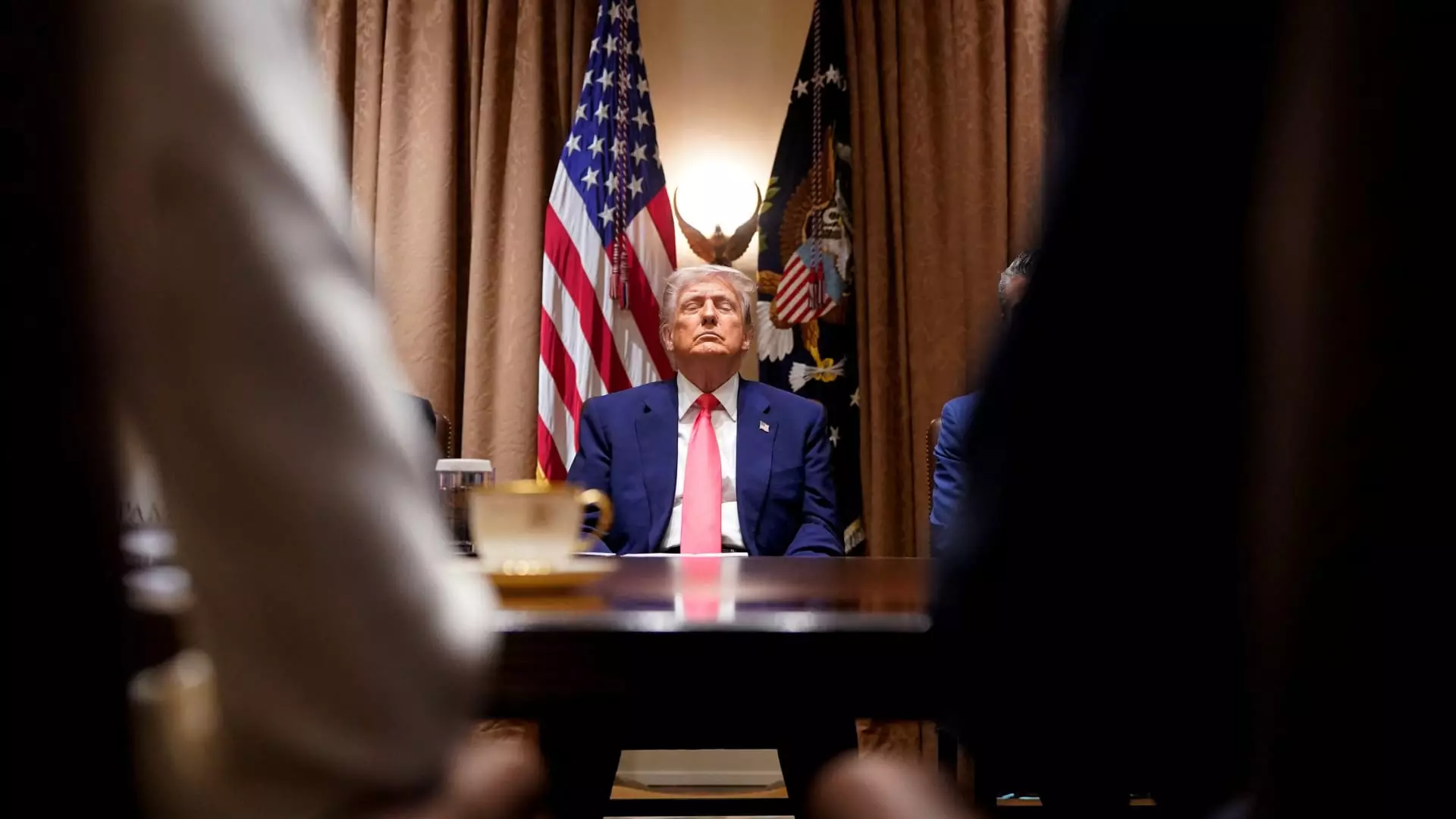In a bold legal maneuver, a quintet of small businesses has thrown down the gauntlet against President Donald Trump’s controversial tariffs, challenging what they deem an unlawful expansion of executive power. This lawsuit, filed in the U.S. Court of International Trade, reveals the stark reality that many small enterprises face in a shifting economic landscape. These businesses argue that the President’s unilateral decision to impose across-the-board tariffs not only infringes upon Congressional authority but also threatens their very survival in an already tumultuous market.
Emergency Claimed, Legitimate Concern Ignored
At the crux of this legal battle is the assertion that Trump’s administration has cast trade deficits as a fabricated emergency to justify an authority that lies distinctly with Congress. According to the lawsuit, the International Emergency Economic Powers Act (IEEPA) does not grant the executive branch the leeway it seeks. Herein lies a fundamental issue: If trade deficits—long-standing and rather normal phenomena in a globalized economy—are categorized as emergencies, then what interpretations might be skewed in the future? This precedent could open the floodgates for an exhaustive array of power grabs under the guise of economic necessity.
Impact on Small Businesses
The plaintiffs, including businesses such as VOS Selections and Terry Precision Cycling, provide palpable evidence of the detrimental effects of these tariffs. Terry Cycling’s claims are particularly alarming; with an estimated $250,000 financial burden looming by 2025 and an astronomical projected $1.2 million by 2026, it becomes clear that many small businesses are at the mercy of this erratic policy. The disturbing reality here is the fragility of small enterprises in the face of government overreach. Are we to stand idly by as manufacturers and local retailers crumble under tariffs that cater to grander political agendas rather than sound economic reasoning?
An Undeniable Disconnect
The Liberty Justice Center articulates a genuine concern: The tariffs’ rationale collapses under scrutiny, especially when they extend to allies and trading partners who have not contributed to our trade deficit. This begs the question of whether the administration is prepared to sacrifice small businesses for an illusory narrative of economic warfare. The punitive measures seem to ignore the entrepreneurial spirit fundamental to American values and the economic recovery narrative propagated by policymakers.
A Call for Accountability
This moment marks a critical juncture in the ongoing dialogue about governance and economic policy. The plaintiffs’ fight signifies more than a battle against high tariffs; it emphasizes a profound call for accountability and transparency in how economic decisions are made. As a society, we cannot ignore the implications of a government that makes decisions without adequate representation. The spirit of democracy thrives on participation, and policies that seem to operate in a vacuum only serve to alienate the very constituents they should be supporting.
Bold legal actions like the one taken by these small businesses present a riveting confrontation with the current administration’s policies, showing a collective cry for fairness, transparency, and a genuine return to governance that respects the voice of all citizens, particularly those of the economic backbone of the nation—its small businesses.


Leave a Reply